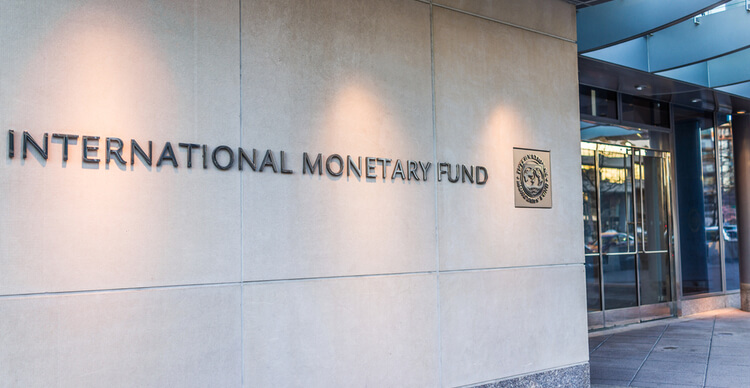- The IMF wants El Salvador to limit “public sector exposure to Bitcoin.”
- The financial institution’s comments follow an August statement in which it spoke about “mitigating risks in Bitcoin.”
The International Monetary Fund (IMF) has recommended that El Salvador reduce the scope of its Bitcoin laws and limit public exposure to Bitcoin.
IMF spokeswoman Julie Kozack said at a press conference:
“Our recommendations are to narrow the scope of Bitcoin law, strengthen the regulatory framework and oversight of the Bitcoin ecosystem, and limit public sector exposure to Bitcoin.”
Kozack said the IMF is continuing talks with El Salvador, adding that “addressing the risks posed by Bitcoin is a key element of these discussions.”
The Central American country is well aware of the IMF’s views on the use of Bitcoin. In particular, this issue dates back to 2021, when El Salvador issued Bitcoin fiat currency. Following its formal adoption, the IMF issued a statement in November 2021 saying it “recommends narrowing the scope of Bitcoin law” and “strengthening regulation and supervision of new payment systems.”
This was called for again in January 2022, when the IMF advised El Salvador to reconsider its decision to make Bitcoin the country’s legal tender.
Most recently, the IMF issued a statement in August focusing on the need to “mitigate the risks of Bitcoin.” However, the financial authorities pointed out that regarding Bitcoin, “although many risks have not yet been realized, there is a common recognition that additional efforts are needed to increase transparency.”
Still Committed to Bitcoin
Despite these comments and the ongoing debate from the IMF, El Salvador remains steadfast in its mission to see Bitcoin rise in the country.
But while the government wants to see adoption grow, El Salvador’s pro-Bitcoin president Nayib Bukele knows more work needs to be done. In a recent interview with TIME magazine, Bukele admitted that while his Bitcoin strategy for El Salvador has been a “net positive,” they have not witnessed the “widespread adoption” they had hoped for.
Despite this, Bukele keeps going, even buying more Bitcoin when the price falls. The country has also pledged to build 20 schools using proceeds from its Bitcoin trust as it seeks to make the cryptocurrency more attractive to its citizens.

